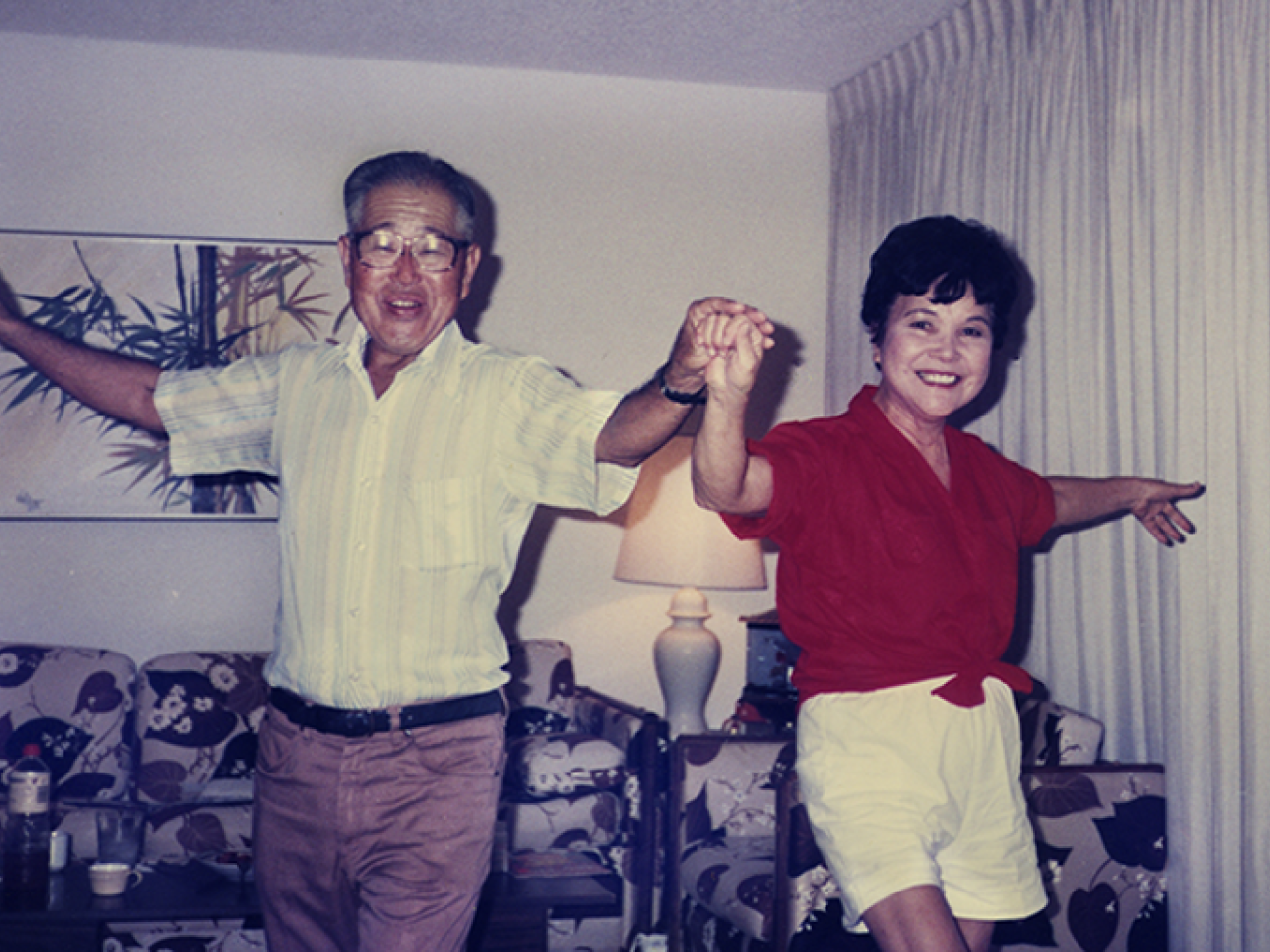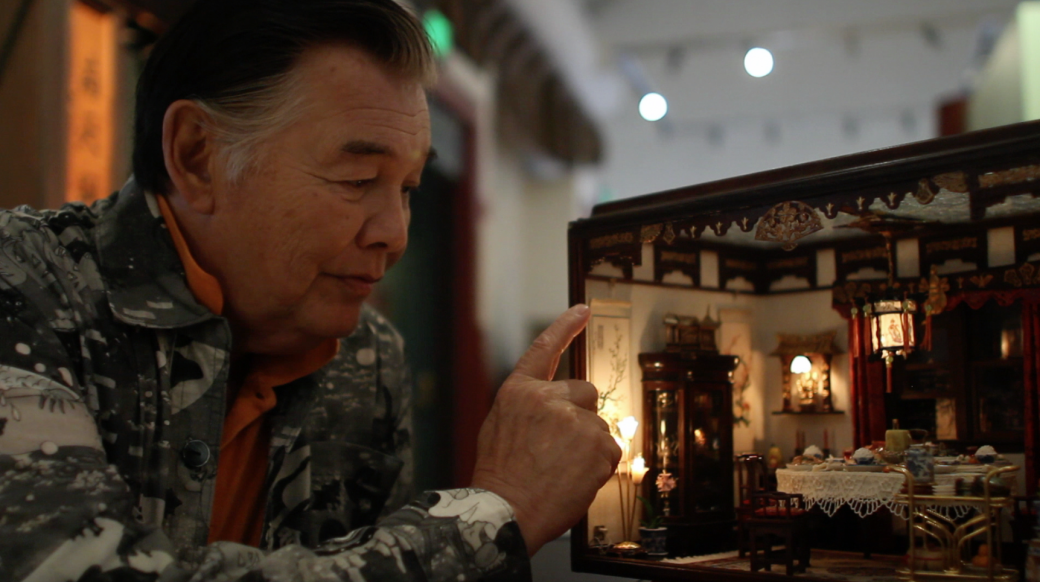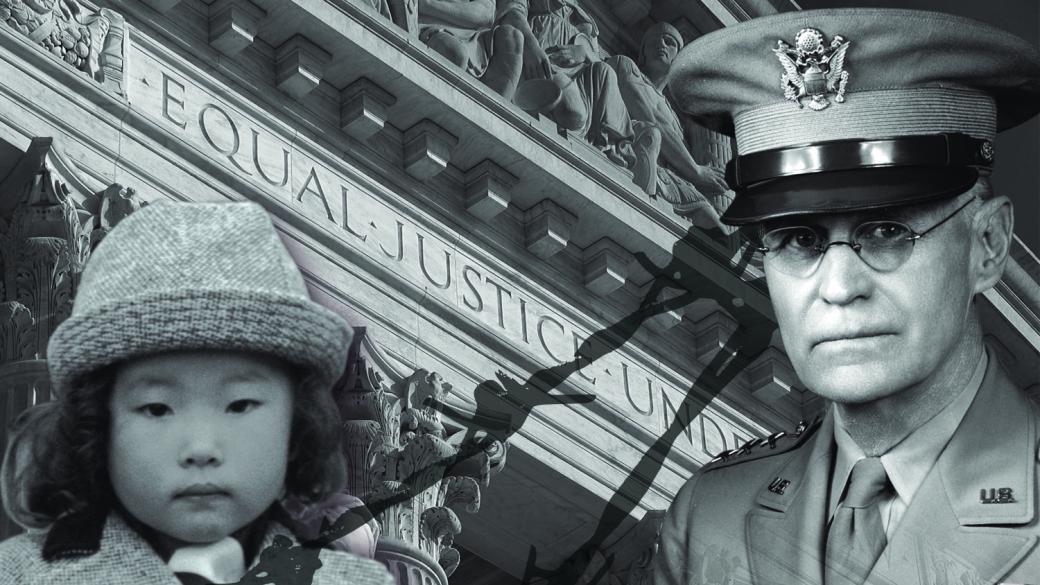AAPI Heritage Month 2021: Words Matter

My father grew up in a rural American community with scorching hot summers, wide open fields and spectacular sunsets, which left a fleeting glow on the swaying tule reeds of the near-by river.
Despite the challenges of being poor and having immigrant parents who spoke little English, there was reason for optimism as he looked forward to the rite of passage of his approaching high school graduation. Then on December 7th 1941, a country that he had never visited, but shared ancestral ties with, bombed Pearl Harbor and the United States entered World War II. A few months later, he and his Japanese American family received the military order that they would have to leave their home and prepare for incarceration at an unknown destination for an undetermined amount of time. While he agonized over his uncertain future and that of his family, his most urgent concern was for his beloved dog that he had raised since it was a puppy.
Without charges or a trial, the military ordered all individuals of Japanese descent to leave whatever they could not carry behind and all pets were forbidden. My father reached out to neighbors in the area hoping to find someone who would care for his loyal companion, but the hate that swelled towards Japanese was so visceral that even his innocent canine was viewed as a "Jap" dog. When the trucks came to take my father away, he could only watch helplessly as his dog desperately chased their vehicle. After giving chase for over a mile, his beloved dog finally relented to exhaustion, sat down in the middle of the road, and painfully faded into the distance.
The first time I heard this story it broke my heart, but I was relieved for the progress that had been made in this country and hopeful that my own children would never have to experience a level of hate even close to what my father felt in 1942. A year ago, I wrote an article for this newsletter expressing my concern over the rise in animosity towards Asian Americans during the COVID-19 pandemic. At the time, I was cautiously optimistic that conditions would improve and had every intention of focusing on another, more enlightening aspect of Asian Pacific heritage in 2021. However, according to the Stop AAPI Hate campaign, over the past twelve months, the number of reported incidences of hate has doubled and violence towards Asian Americans has escalated from unacceptable to deadly.
Hateful rhetoric towards Asian Americans has a long and tragic history in the United States. It is easy for some to dismiss the power of words, particularly when so many have never been held accountable for promoting false narratives about Asian Americans. As chronicled in my film Alternative Facts: The Lies of Executive Order 9066, one of the most highly regarded Supreme Court Justices in American history, Earl Warren, ran for Governor of California in 1942. With no evidence, he unleashed a relentless campaign of fear and insisted that Japanese Americans would be accomplices in an inevitable West Coast invasion by Japan. Warren conjured up a plethora of baseless conspiracy theories, including his assertion that Japanese Americans strategically resided near sensitive military locations, were racially untrustworthy, and campaigned on the slogan, "Send All the Japs Back to Japan." Within months, Warren along with other politicians eager to placate their enraged constituents, exiled nearly 120,000 Japanese Americans including my father and mother to desolate prison camps surrounded by barbed wire fences and armed guards.
Nearly eight decades later, phrases such as “China-virus” and “Kung Flu” have been relentlessly repeated by some political leaders as part of a calculated messaging strategy to deflect blame for the COVID-19 pandemic in the United States. Despite many instances when inflamed rhetoric and bias has led to horrific injustices, the political tactic of hurling racial epitaphs and finger pointing continue with little to no accountability. For Asian Americans we must contemplate that no matter how much time passes, we are just one national emergency and politically motivated slogan away from once again being the target of hate in this country.
However, this Asian American and others will never stop believing in the promise of America. Asian Americans have a vision of a country where diversity is celebrated, where leaders are accountable for their words, and where we can collectively and steadily eradicate the systemic racism that has oppressed all communities of color. We believe that rising above the ignorance and false narratives in America is within reach if we are willing to lift one another up and stand together in solidarity.

Those who educate the young minds of America have such a key role and opportunity to open eyes, expand perspectives, and expose students across this country to the beautiful, complex, and unique tapestry of Asian America. New Day Films has an essential collection of films which highlight the remarkable ways that Asians have written inspiring chapters of this country’s struggle toward diversity and inclusion. Far East Deep South by Larissa Lam and Baldwin Chiu follows a Chinese American family’s search for their roots that leads them to the Mississippi Delta, where they uncover the racially complex history of early Chinese immigrants in the midst of segregation and the Chinese Exclusion Act era. Growing People by Dana Forsberg provides an intimate look at the MA`O Organic Farms in Wai`anae, O`ahu, which is the site of a groundbreaking program that has impacted the lives of hundreds of Hawaiian youth. A Village Called Versailles by S. Leo Chiang documents an isolated community in eastern New Orleans that has been settled by Vietnamese boat people since the late 1970s. 95 and 6 to Go by Kimi Takasue is a powerful intergenerational story of a Japanese American senior in Hawaii and the relationship with his granddaughter. Finding Kukan by Robin Lung investigates the forgotten history of a Chinese American playwright who produced an Academy Award-winning documentary about World War II China. Forever, Chinatown by James Q. Chan and Corey Tong chronicles the journey of a Chinese American senior who uses exquisitely detailed dioramas to depict the rapidly changing urban neighborhood.
Films which capture the Asian American experience are more vital than ever to promote understanding and progress towards racial justice. During this AAPI Heritage Month 2021, I urge educators and leaders across this nation to commit themselves to sharing the critical lessons and great American stories that Asians have contributed to this country. Please visit New Day Film’s full collection of Asian American stories.
